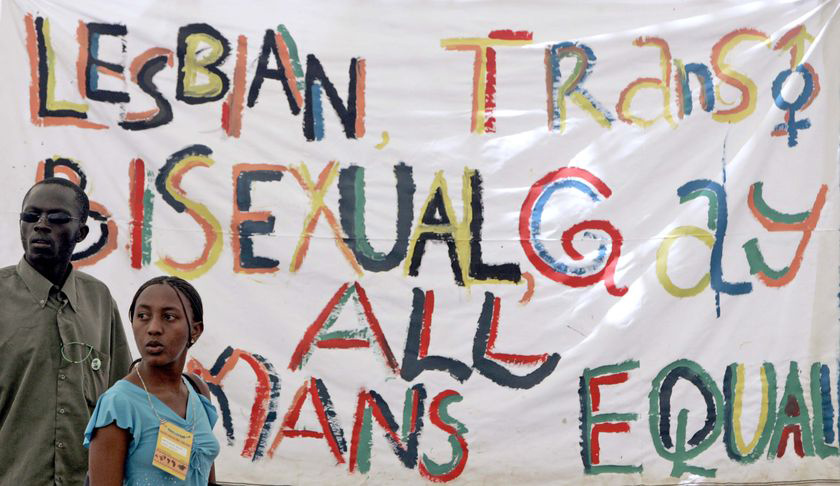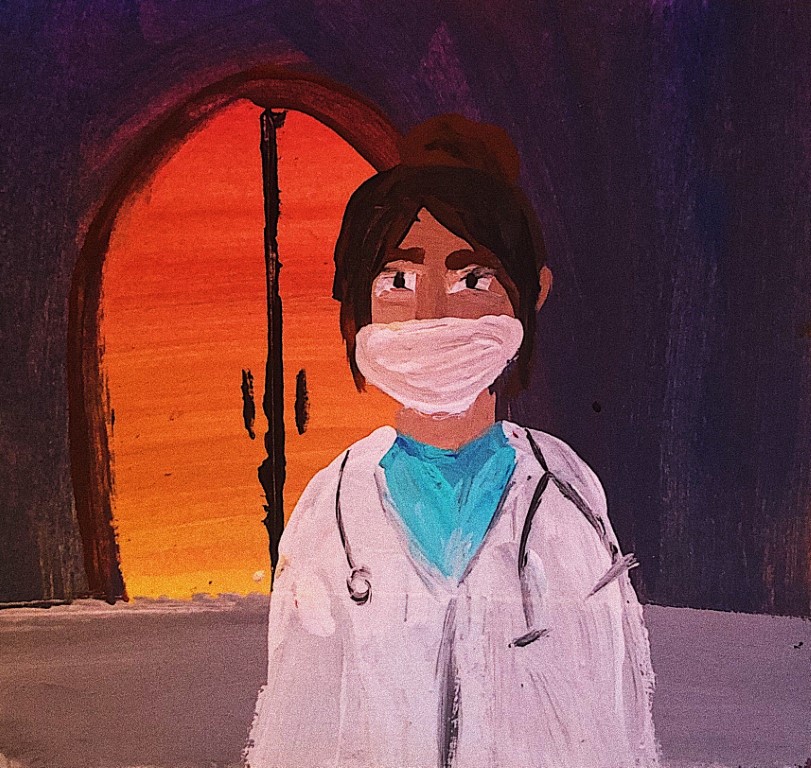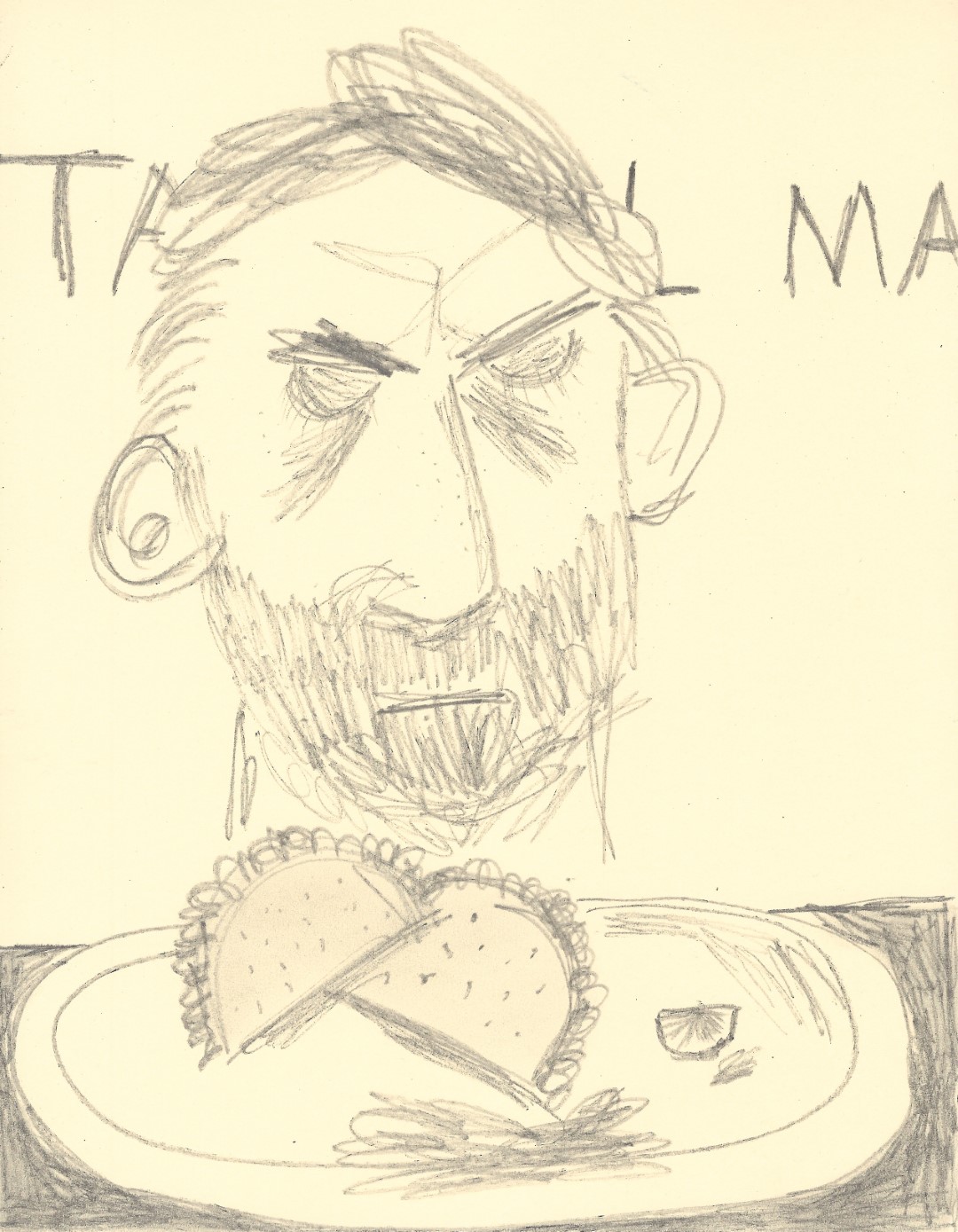Does sickness stand in the way of human rights?
By Elliot Chan, Opinions Editor
On February 24, Ugandan government took a definite step backwards in terms of fostering progress in human rights. The African country with a long legacy of inhumane behaviour from child labour to cruel poverty has signed the Uganda Anti-Homosexuality Act, a.k.a. the “kill the gays” bill.
Going forward, any person recognized as performing a homosexual act—such as same sex intercourse or “gross indecency”—will be subjected to a life sentence in prison.
Activists who stood up against the “kill the gays” bill have received violent responses from conservative Ugandans and the authorities. Highly publicized deaths of activists have done little to change the perspective of the majority, and I can’t help but feel a general hopelessness. But perhaps the hopelessness is seen through my rosy North American lens. Although I’m sure the Ugandans can point out all the pros of eliminating the LGBT, I must work a little bit harder to see from their perspective.
Gay men have been the scapegoat as the cause of HIV/AIDS since it reached pandemic levels in the bush countries of Africa many decades ago. The logic may be to isolate the gays, so that they cannot infect the common men, the “quality” hetero men. Such repulsive logic is simply one factor motivating a life-long quarantine solution. If we can’t find the cure, why not eliminate the contagion?
The fact is the country is suffering from clear homophobia. Saying that all gays are responsible for the terminal disease does not help develop a solution. Prejudice is not a cure, discrimination is not a cure, and a life sentence in prison for being the way you were born is definitely not a cure.
I digress; it’s easy to judge developing countries for their rash choices, while we essentially live in a utopia, free to do as we please. We must ask ourselves what we would do if we didn’t have the health care, the education, and the resources we have. If a group of people was causing indirect harm to us, would we not do something as well? If one of our family members was dying because of someone else—someone with different values, different ethics, and different needs—would we not want them to be punished for causing us misery?
We may have judged the Ugandan law too quickly then, if any of the answers to my hypothetical questions is yes. After all, desperate times call for desperate measures. We live in a world where every person is valued, but in a world where every person is another mouth to feed, a liability, and a potential cause of harm, the rules are not the same, and therefore, the human rights also don’t need to be the same, right?
History is full of people who are victims of the time. One can only hope that in the future, Uganda and other African countries can be free of HIV/AIDS and become nations that nurture the needs of all people. One can only hope that those people dying from the disease or from imprisonment now are not doing so in vain. There must be hope in such a hopeless situation, because who knows… one step forward and two steps back might be followed by an opportunistic leap to a better scenario.



